영화MOVIE
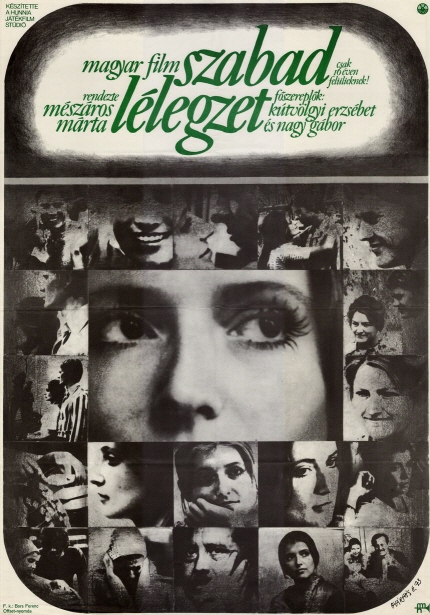
주요정보
-
1970년대 헝가리의 세대 간 불화와 계급적 차이에 대한 비판을 담은 마르타 메사로시의 네 번째 장편 영화로, 섬유 공장 노동자 유트카는 자신의 노동계급 출신 배경을 숨기고 대학생인 척하며, 야심찬 중상류층 가정 출신의 잘생긴 대학생 안드라시와 만납니다. 유트카가 자신의 진짜 배경을 밝히면서 두 사람의 관계는 점점 더 긴장감이 더해갑니다.
먼지가 가득한 방직공장, 작업의 단조로움, 그리고 저녁에 자신을 아름답게 가꾸는 소녀들의 이미지에서 이 영화의 다큐멘터리 스타일이 잘 드러납니다. 음악에 맞춰 춤추는 대학 파티, 인문학 교수진의 붐비는 강의실, 그리고 안드라시의 부모가 사는 집은 노동계급의 분위기와 대조되는 모습을 보여줍니다. 두 세계는 공장에서의 직조공들의 대화와 노동자와 결혼해야 하는지에 대한 학생들 간의 반성적인 토론을 통해 설명됩니다.
헝가리 사회의 상반된 태도와 편견을 대변하는 메사로시는, 자신의 사회적 지위에 대한 열등감과 가족의 기능 장애, 그리고 부적절한 감정을 극복하려는 노동계급 여성의 시도를 그려냅니다.
Márta Mészáros's fourth feature film, set in the 1970s, critiques generational conflicts and class differences in Hungary. Jutka, a textile factory worker, hides her working-class background and pretends to be a university student, meeting András, a handsome and ambitious student from a middle-class family. As Jutka reveals her true background, tension builds in their relationship.
The film’s documentary style is evident in the dusty weaving factory, the monotony of the work, and the images of girls beautifying themselves in the evening. In contrast, the university party with students dancing to music, the crowded lecture halls of the humanities faculty, and the home of András’s parents present a stark contrast to the working-class environment. The two worlds are portrayed through conversations among the weavers in the factory and reflective discussions among students about whether they should marry into the working class.
Representing the contrasting attitudes and prejudices in Hungarian society, Mészáros portrays the struggles of a working-class woman trying to overcome feelings of inferiority, family dysfunction, and inappropriate emotions related to her social status.
-
시간표+ 더보기
상영시간표 (날짜/시간/남은좌석) 은 마지막 상영시간입니다.
은 마지막 상영시간입니다.
감독+ 더보기

마르타 메사로시(Marta Meszaros)
포토+ 더보기
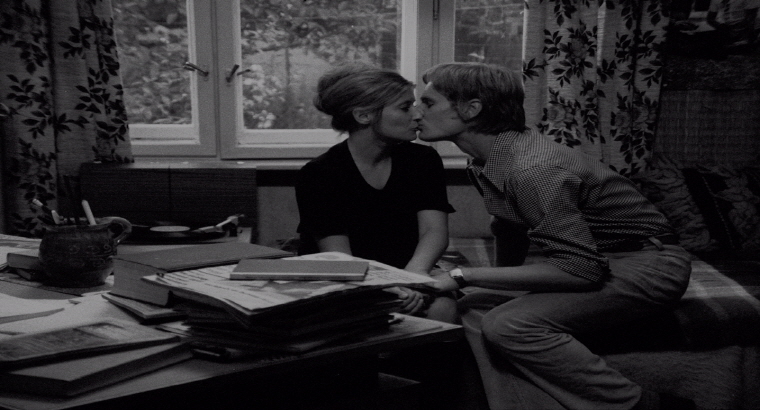
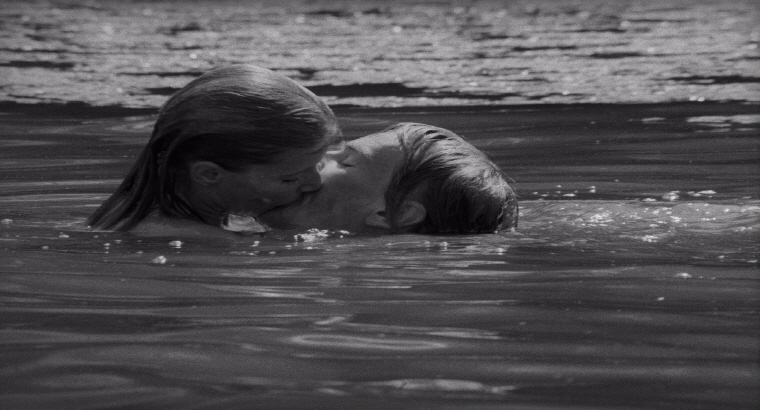
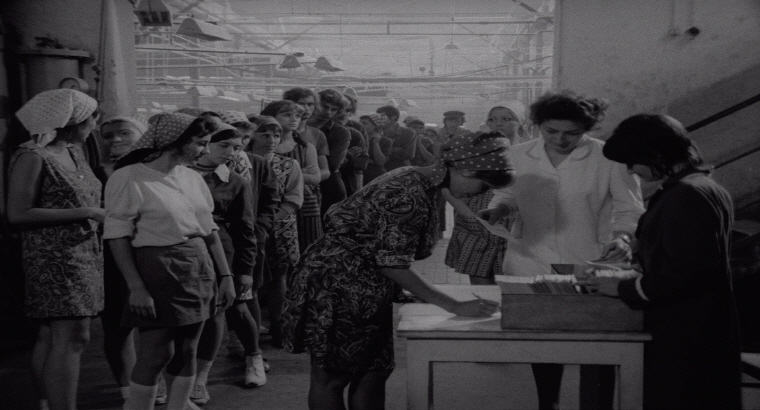
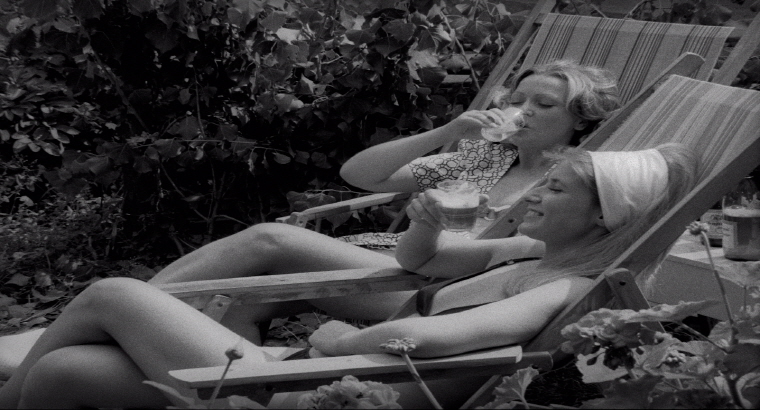
동영상+ 더보기
평점/리뷰+ 더보기
140자 평총 0건




